 By Eve Tuck & K. Wayne Yang, Decolonization: Indigeneity, Education, & Society, Vol 1, No 1 (2012)
By Eve Tuck & K. Wayne Yang, Decolonization: Indigeneity, Education, & Society, Vol 1, No 1 (2012)
Our goal in this article is to remind readers what is unsettling about decolonization. Decolonization brings about the repatriation of Indigenous land and life; it is not a metaphor for other things we want to do to improve our societies and schools. The easy adoption of decolonizing discourse by educational advocacy and scholarship, evidenced by the increasing number of calls to “decolonize our schools,” or use “decolonizing methods,” or, “decolonize student thinking”, turns decolonization into a metaphor. As important as their goals may be, social justice, critical methodologies, or approaches that decenter settler perspectives have objectives that may be incommensurable with decolonization. Because settler colonialism is built upon an entangled triad structure of settler-native-slave, the decolonial desires of white, non-white, immigrant, postcolonial, and oppressed people, can similarly be entangled in resettlement, reoccupation, and reinhabitation that actually further settler colonialism. The metaphorization of decolonization makes possible a set of evasions, or “settler moves to innocence”, that problematically attempt to reconcile settler guilt and complicity, and rescue settler futurity. In this article, we analyze multiple settler moves towards innocence in order to forward “an ethic of incommensurability” that recognizes what is distinct and what is sovereign for project(s) of decolonization in relation to human and civil rights based social justice projects. We also point to unsettling themes within transnational/Third World decolonizations, abolition, and critical space-place pedagogies, which challenge the coalescence of social justice endeavors, making room for more meaningful potential alliances.
Full Text: PDF




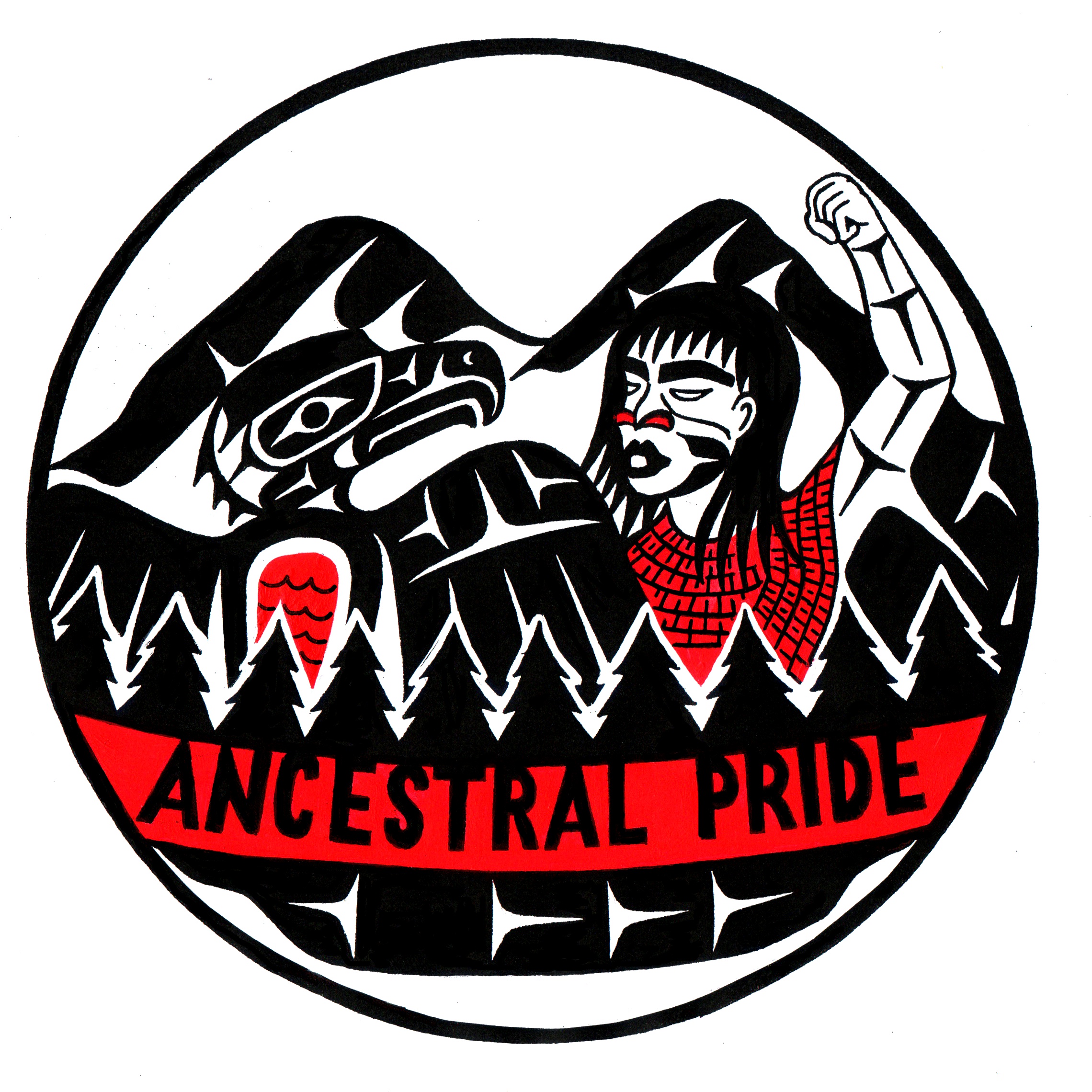





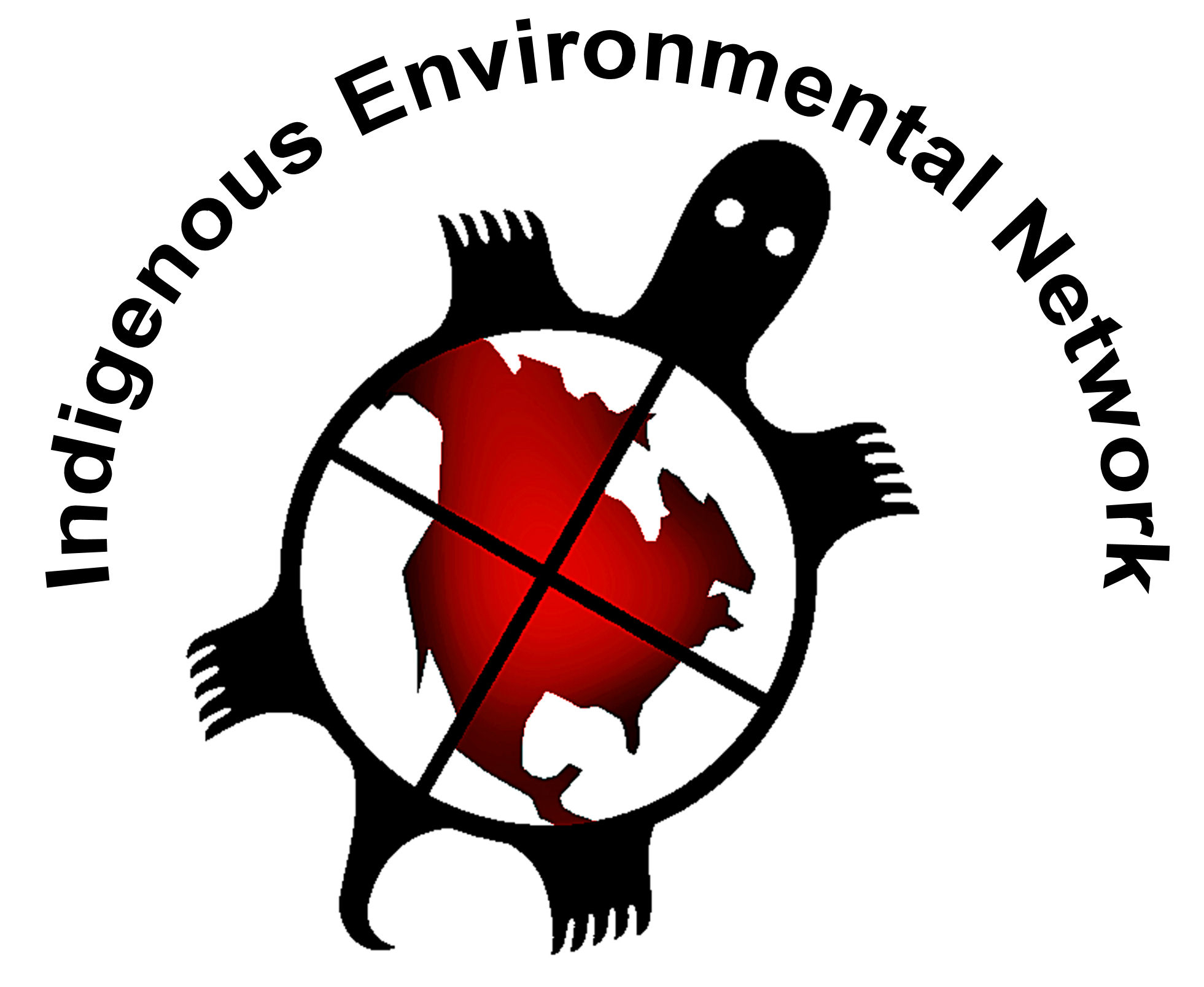


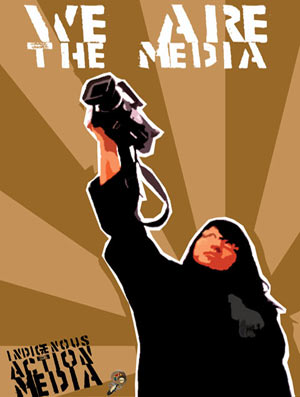





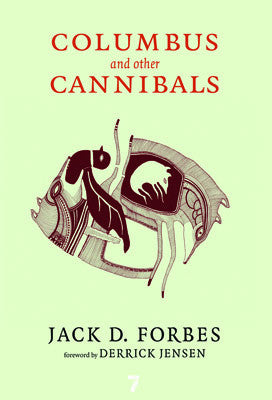










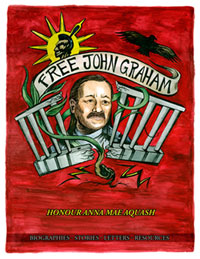



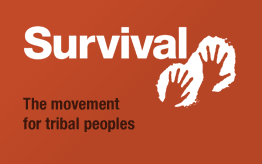


Reblogged this on No Flags Cascadia.
Unsettling America Folks, Powerful insights, as usual! I am one who is seeking to and experimenting with (in a serious dropping out from settler-centric mindlock) decolonizing truths, and “automatically” figuring we are on the same page (after many years of my gradually coming to this line of reasoning, seeing and being, including “directly in” various spaces of indigenous country/rezes). So I look forward to reading the article!
That said, I’d like to first pass the following internet websites and pages by you all, as I’m going to try contacting Native America Calling and see about possibly having some dialogue on this topic (as well as a therapeutic alternative for sex offenders, calling itself “B4UAct” (www.b4uact.org)). Just in case you all hadn’t seen it (I pray that you will pass it around freely) :
The Congressional censure of a research paper: Return of the Inquisition? by Kenneth K. Berry; Jason Berry Skeptical Inquierer Electronic Digest Commentary in the issue dated December 10, 1999 1st January, 2000
http://www.ipce.info/ipceweb/Library/00-016_congressional_censure.htm
You can also find it on the currently existing scholarly site, published by a multitude of PhD types, here (which is an index page of all the articles related to the topic of the Congressional censure and the actual study itself) :
http://www.ipce.info/ipceweb/Library/rbt_files.htm
Note: I am skeptical of most “therapeutic” approaches when they are controlled by professionally-educated (colonial) persons. But this one *appears* to have some inroads which, on this issue anyway, are surprisingly sane.
And since the sex offender issue will no doubt come up to block your efforts to promote decolonizing consciousness, I suspect that this info could be crucial ammo for you.
in soLidaRitY, and willing to meet face to face anytime, and am currently in the Grand Rapids, MI area,
chuck d.
“The poison and pollution in our environment affects how clearly we see things. We need to use our intelligence and organize our consciousness and our perceptions of reality. This is hard work, but it must be done. We are in an evolutionary reality. We are never given something we can’t handle. It’s about activating the thinking process, about the real value of our ability to think. I say don’t believe anything the corporations hand us, whether it is TV, ads or the news as they tell us it is. I am a human, a member of a tribe, not a subject for corporate mining and exploitation. I don’t trust their corporate “democracy”. We humans must think for ourselves. That’s what we need to give to the next generation.” –John Trudell
________________________________
“Decolonization brings about the repatriation of Indigenous land and life, it is not a metaphor for other things…”
[I see the word “life” used in this context implies a lifeway – which is a very complex set of relationships rooted in a people’s long-term spiritual and physical connection to a home place.]
Consider this, and you will find a very provocative statement. And in North America, I believe that statement applies not just to those Indigenous to Turtle Island, but also to those people of European heritage who have lost their own Indigenous roots and in doing so have become the colonizers and settlers on this continent.
And therein lies the struggle. In my experience, few people of European heritage have displayed either the persistence, integrity, or tools to meaningfully decolonize based on this definition.
Which is one of the main reasons I believe these other interpretations of “decolonization” are perpetuated. Too many people simply do not realize the depth of disparity in the the differing understandings.
Does (anarcho)primitivism or other similar Green, and ‘back to the land’ movements of radicals = decolonization? No. Not unless it brings about the repatriation of Indigenous land and life both on Turtle Island (and elsewhere) and in restoration of the Indigenous, spiritually rooted lifeway of our European ancestors from across the ocean.
Who will undertake this intensive and life-altering work without devolving into appropriation, New Age relativity, or the influence of modern Western idealogies? The traps are numerous and the external support, to date, is rare.
It is my deepest wish that our people will find the integrity, heart, and courage to more fully immerse in this most amazing of journeys – the journey back to the heart of our land, and of our people.
Naomi Archer
Pingback: Anti-Colonial Anarchism vs Decolonization | Unsettling America